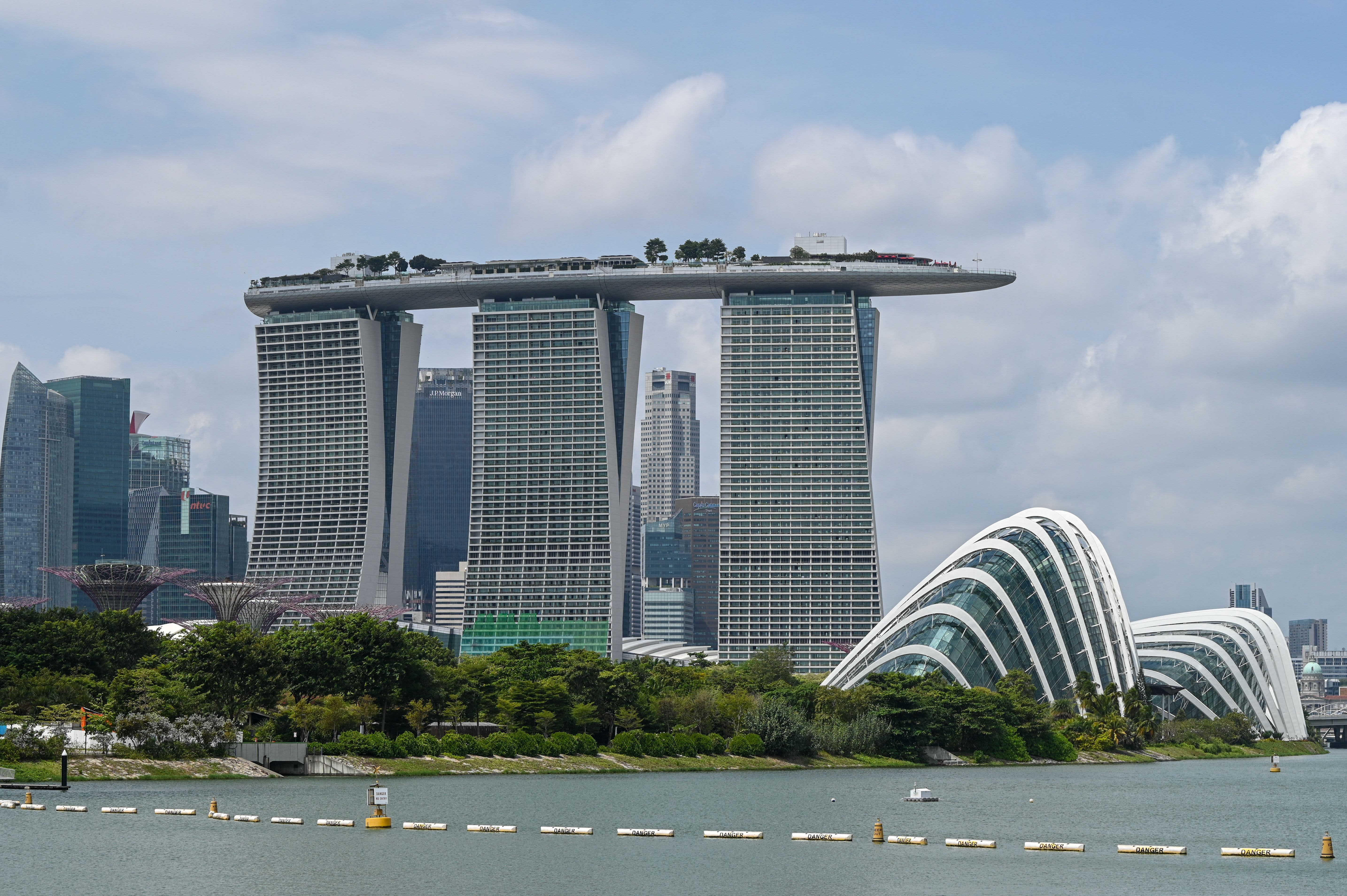
SINGAPORE — Singapore wants to introduce net wealth taxes and is studying the possibility of making those with greater means pay more, Finance Minister Lawrence Wong told CNBC on Monday.
However, the minister pointed to the challenges of such wealth taxes, which would inevitably cause money to flow away from Singapore.
As part of its 2022 budget, Singapore on Friday increased taxes for higher earners, including duties on real estate and motor vehicles, to ensure that those who make more money pay more.
Singapore, a wealth management hub, is looking at a broad range of wealth taxes “very closely,” Wong said. They include taxes on capital gains, dividends and a net wealth tax on individuals.
“But the challenge with these sorts of wealth taxes is that wealth and financial flows are highly mobile. And if we were to move but other jurisdictions do not have similar taxes, it is very easy for wealth to move away from Singapore to another location,” Wong told CNBC’s Martin Soong.
Taxing top earners
Among the changes announced on Friday were tax rate increases for top earners that will affect the top 1.2% of taxpayers. It’s expected to generate $170 million Singapore dollars in additional tax revenue per year, according to Singapore’s finance ministry.
On top of those considerations, it can be a “very complex exercise” to estimate wealth of individuals, Wong added.
He said during Friday’s budget speech that “ideally, we would want to tax the net wealth of individuals. But such a tax is not easy to implement effectively.” He pointed out that other countries also face challenges doing so.
Germany, France and Denmark have stopped levying taxes on individuals’ net wealth, with the number of OECD countries that do so dropping from 12 in 1990 to only 3 in 2020, Wong said Friday.
“So we continue to study these options. We don’t rule anything out in that sense,” he told CNBC. “But I think we also have to be practical and that’s why in the budget, we decided to impose … wealth taxes through … the existing means, which means property and luxury cars.”
We are determined to make sure that Singapore remains one of the best places in the world for business.
Lawrence Wong
Singapore’s finance minister
Property taxes will be raised from between 10% to 20% for non-owner-occupied properties, to 11% to 27% in 2023. In 2024, those will be further increased to 12% to 36%. Higher taxes will also be levied on luxury cars.
Currently, property taxes are Singapore’s “principal means of taxing wealth,” Wong said in his budget speech.
Doubling down on non-tax competitiveness
The finance minister also addressed the impact of the 15% global minimum corporate tax rate on Singapore, known for being one of the most tax-friendly countries to businesses.
Countries in the Organization for Economic Cooperation and Development agreed to a global minimumcorporate tax rate of 15% in October last year. The deal, which will kick in 2023, will “reallocate” $125 billion in profits from 100 of the world’s largest companies to countries worldwide, the OECD said.
“But we have never relied only on taxes to compete for investments,” Wong told CNBC. “What it means for [Singapore] is that we have to redouble our efforts to strengthen our non-tax competitive factors.” That will include the city-state’s infrastructure, the capabilities of its workforce and overall strengthening its business environment to be more attractive, he said.
“We are determined to make sure that Singapore remains one of the best places in the world for business,” Wong said.
Higher taxes as part of a ‘strengthened social compact’
A fairer and more progressive way of tax contributions will help to hold Singapore’s society together as it enters a new post-pandemic future that’s set to be more volatile, said Wong.
“We are not against people doing better, earning more and accumulating wealth. By no means these are good things,” he told CNBC.
“But as part of our renewed and strengthened social compact, we do want everyone to pay … contribute their share of taxes — and those with greater means should contribute a larger share,” Wong added.
— Clarification: The story and headline have been updated to clarify that Singapore’s finance minister was referring to levying taxes on individuals’ net wealth.




